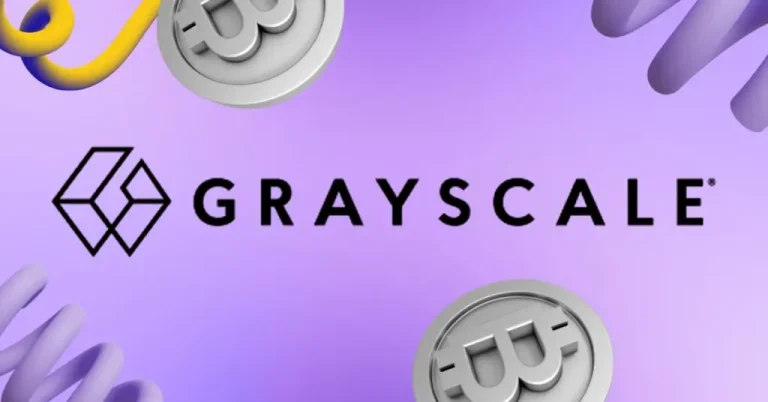The post Just In: Grayscale Files for IPO as It Eyes $365 Billion Market Opportunity appeared first on Coinpedia Fintech News
Grayscale Investments, one of the biggest names in crypto investing, has officially filed to go public. The company submitted its IPO paperwork to the U.S. Securities and Exchange Commission (SEC) and plans to list its stock on the New York Stock Exchange under the ticker symbol “GRAY.”
According to the filing, Grayscale manages around $35 billion in assets and offers more than 40 crypto investment products covering over 45 tokens. The company estimates that its potential market — the total money that could flow into digital asset investment products, is about $365 billion.
Backed by Digital Currency Group
After the IPO, Grayscale will have two kinds of shares — Class A and Class B. Class A shares will be sold to the public and will carry one vote per share. Class B shares, owned by its parent company Digital Currency Group (DCG), will have ten votes each but no economic rights.
This setup means DCG will keep control over Grayscale’s key decisions, even after it goes public. Because of that, Grayscale will be classified as a “controlled company” under NYSE rules.
How the IPO Will Work
Grayscale’s IPO will use what’s called an “Up-C” structure. This means the newly listed company, Grayscale Inc., will own and manage its main operating business, Grayscale Operating LLC.
All the money raised from selling shares will be used to buy ownership interests from existing members before the IPO. Grayscale itself won’t get any of the proceeds directly.
Growing Market and Investor Demand
The crypto market has grown quickly, reaching a total value of around $4 trillion as of late 2025. Institutional interest is also rising fast. Surveys show that 83% of institutional investors plan to increase their crypto exposure this year, with many wealth managers now recommending small allocations to digital assets in client portfolios.
If the IPO succeeds, it could help bring crypto investing one step closer to the financial mainstream.

